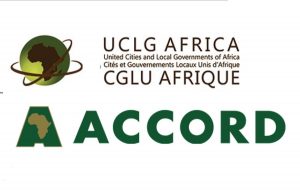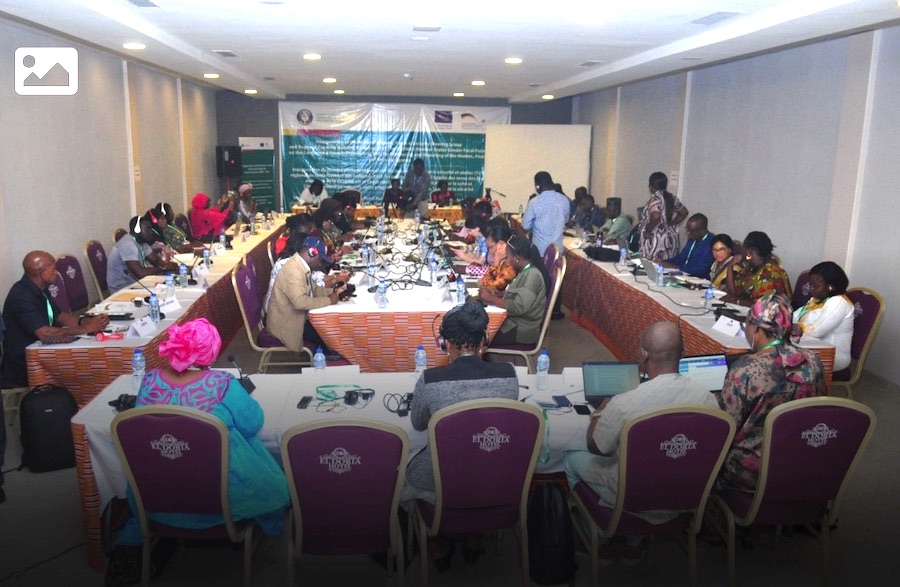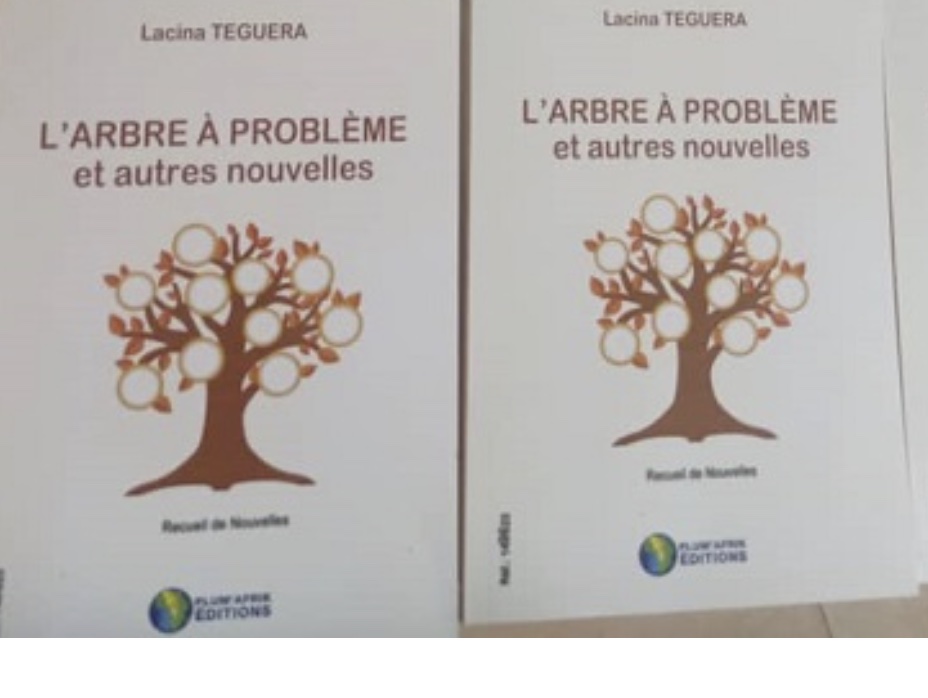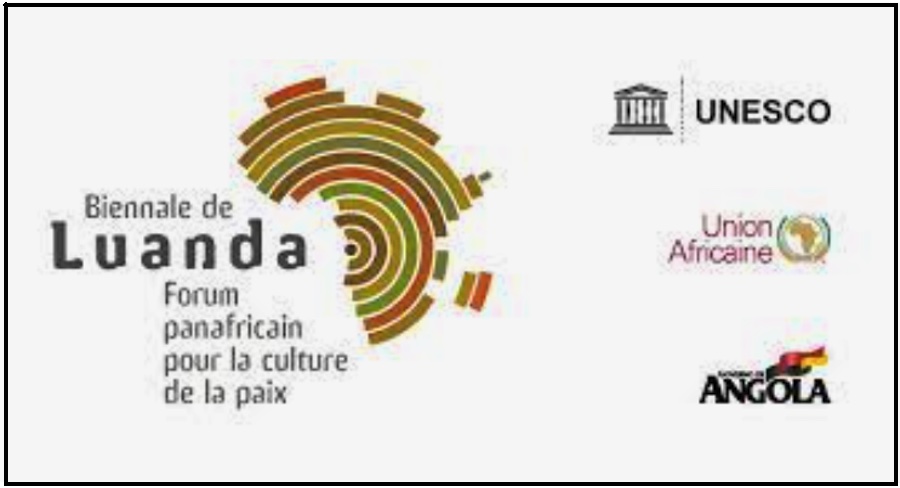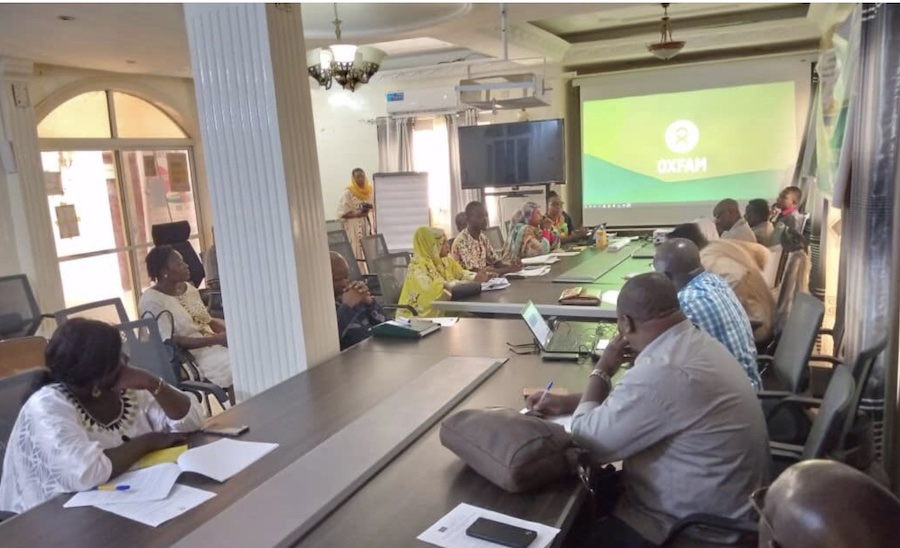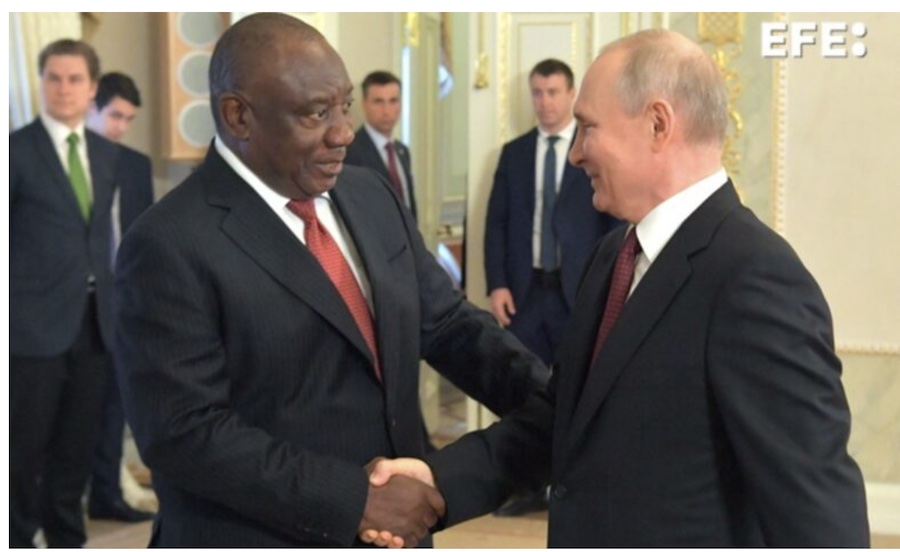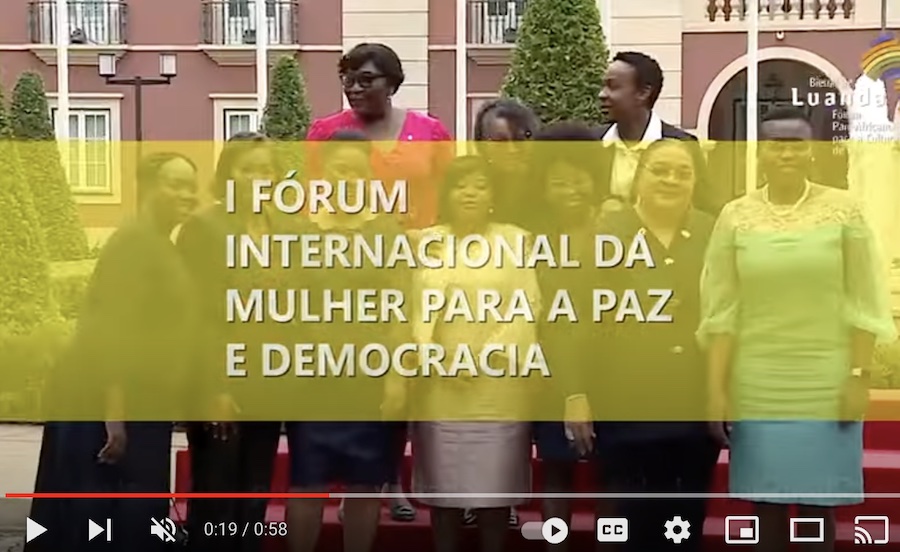… EDUCATION FOR PEACE …
An article by Harry Diallo in L’Intellgent d’Abidjan
The Pan-African School of Peace (EPAP) will soon open its doors in Yamousoukro.
The course documents and training content, the various certificates, certificates and diplomas that this school will be able to issue were presented during a workshop on Monday, July 10, 2023 at the Foundation Felix Houphouët-Boigny of Yamoussoukro. The workshop involved Professor Abou Fofana, Director of Higher Education, and his teams of university experts in the sciences of peace and in Human Rights and Citizenship Education, as well as to heads of decentralized services, community and religious leaders and students
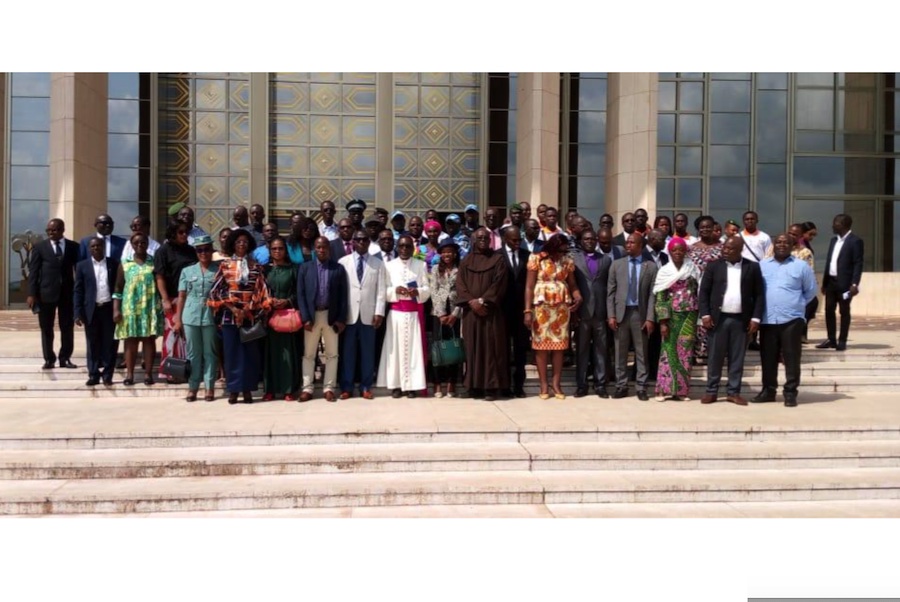
Thus, under the aegis of the African Union and Unesco in a few months, the high-level pan-African center for training and research for the culture of peace will open its doors in the Ivorian political capital within the Foundation Félix Houphouët-Boigny.
(This article is continued in the column on the right.)
(click here for the French original of this article)
The Houghouët-Boigny Foundation of Yamoussoukro: what is its contribution to the culture of peace?
(Article continued from left column)
This school for peace, said Abou Fofana, will have the mission of equipping professionals, leaders, political and economic decision-makers, media men, religious leaders, traditional leaders, youth organizations and women, civil society leaders with high-level knowledge and skills in matters of peace and human rights as well as the mental dispositions and attitudes necessary to prevent violence and guarantee peace and sustainable development in the world in general and in Africa in particular. This will be done through scientific, cultural and educational activities.
To do this, the EPAP will offer qualifying and diplomat training in the form of workshops, seminars, and introductory and advanced courses. This will include training modules for obtaining attestations (10) and certificates (9) on peace and two diplomas, in particular the license and the master’s degree in science of peace and in Education in the Right of Man and Citizenship (EDHC).
The satisfaction of the FHB Foundation and Unesco
With regard to the training courses which lead to attestations and certificates, they are open to all actors of civil society, institutions wishing to learn about the culture of peace. As for those sanctioned by a university degree (bachelor, master or even doctorate) in science of peace and Education in Human Rights and Citizenship (EDHC), they are open to people who have obtained a Bac + 2 or equivalent to do a license in Edhc and for the master in Edhc, The license is required, all sectors combined.
Representing, on the occasion, Professor Jean-Noël Loucou, Secretary General of the FHB Foundation for Peace Research, Kouakou Mathias reiterated his institution’s commitment to work for the full success of this school of peace.
Bamba Seydou, on behalf of the Ivorian National Commission for Unesco, welcomed this initiative which is in line with the ideals of Unesco, which are the search for and establishment of peace through international cooperation in education, science and culture. He thanked the team of experts for the work they have done.
